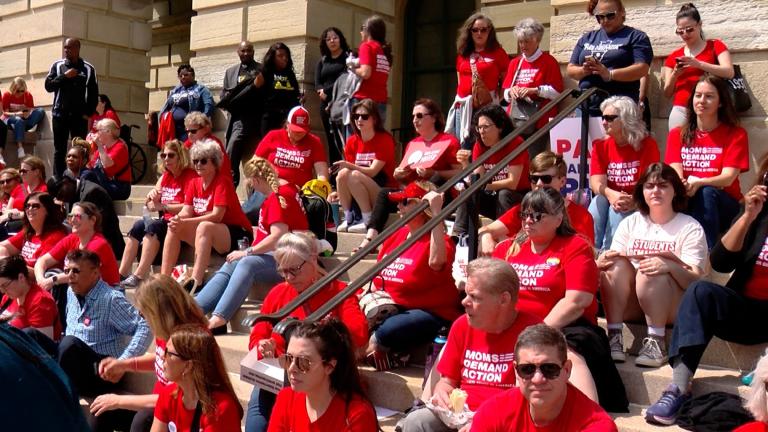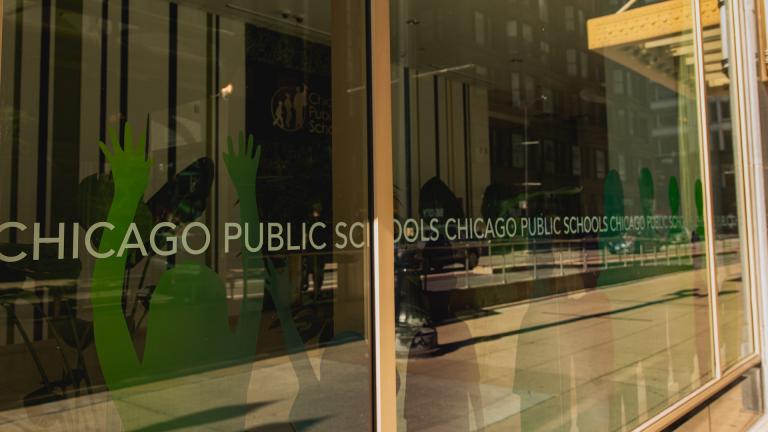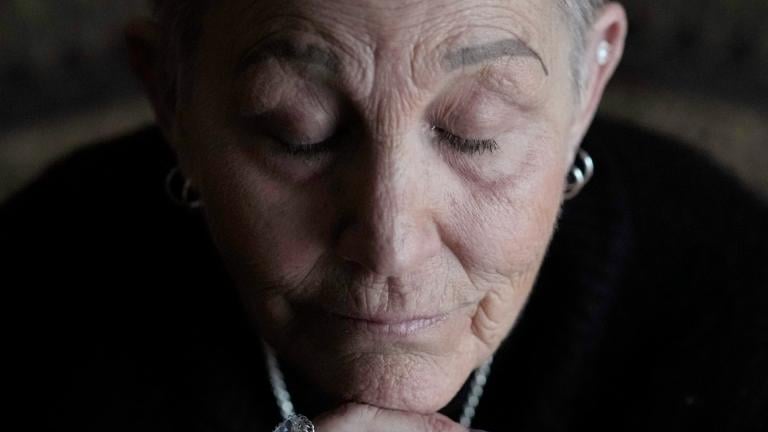It’s been more than six months since a state commission was supposed to issue a report on proposed ethics reforms and nearly a year since the bipartisan commission was first formed.
A coalition of self-described good government groups on Tuesday issued a statement rebuking lawmakers for the delay.
“They’re leaving us in the dark and that’s the opposite of what they should be doing when we’re talking about ethics reform. This process should be transparent and we should know what’s going on,” said Alisa Kaplan, director of Reform for Illinois.
The Joint Legislative Ethics Commission held a series of meetings early this year and was due to issue a set of recommendations by March 31.
“We understand perfectly that that coincided with when COVID was emerging and that there was cause for some delay,” Kaplan said.
But given that other legislative committees and groups have been meeting virtually and in person for months now, she said it’s past time for the commission to meet its obligations. Instead, she said, there’s been no communication since mid-August.
At that time, the group’s Democratic members issued a statement that said in part: “The commission’s charge is to come up with ideas and suggestions. After conducting multiple public hearings and getting input from many stakeholders, including our fellow legislators, the commission will submit a final report. However, the commission cannot file legislation. Only members of the General Assembly can do that. We look forward to working with our colleagues on their suggestions as we work together to develop a strong package of ethics reforms.”
The commission was formed in the wake of FBI agents raiding then-state Sen. Marty Sandoval’s offices and then-state Rep. Luis Arroyo’s arrest on bribery charges; since then other local officials have been snared in a red light camera bribery scandal, and Commonwealth Edison admitted to a near decadelong illegal scheme to try to influence Illinois House Speaker Michael Madigan, who has denied knowledge of it.
“So this is really a crisis of confidence at the very highest levels of Illinois government and the people of Illinois really deserve to see some progress made on this,” Kaplan said. “We really need to see what they’re thinking about passing. It would be really easy for an ethics reform – especially an area that’s not always super easy for the general public to understand – for the legislature to pass some things that are cosmetic, look like they’re making some changes and then say, ‘Look we achieved ethics reform. It’s done.’ And if that process is rushed the public won’t have time to really delve into those details.”
Republicans, some of whom early on doubted Democrats’ sincerity for change, said their fears are proving true.
“There’s no good reason why we haven’t met,” said Sen. Dan McConchie, R-Hawthorne Woods. “We’ve been transparent in this process; we have yet to hear the ideas from the other side in regards to what it is they would like to do. We’re still waiting.”
Commission member Sen. John Curran, R-Woodridge, said the delay sends a message that Democrats, who control the General Assembly, don’t plan on taking up meaningful ethics measures next month when the legislature reconvenes for its annual fall veto session.
“It’s imperative for Illinois, for Illinois to move forward,” Curran said. “To really prosper and grow, as a state that has been financially and economically challenged over the past couple decades, we really need to tackle this corruption problem.”
Co-chair of the commission Rep. Greg Harris, D-Chicago, said he hopes and plans to have recommendations ready to present to the committee before lawmakers return to Springfield next month, though he said the timing has not been finalized. Nor has it been determined what ethics proposals will make it on the list.
Harris said ethics matters are complex, and hundreds of ideas have been presented to the committee.
“Every detail is important to get right,” he said.
Harris said the federal investigations have given him clear indicators of gaps that need to be filled.
“We have many things that we have to accomplish when we go back in November. We have to deal with health care disparities, hospital closures, we have to deal with ethics, we have to deal with police reform, we will have to deal potentially with budget issues,” Harris said. “There are a host of issues that are all equally important.”
Meanwhile, Republicans in the House and Senate have each put forth their own set of ethics proposals.
In August, a coalition of Democratic women led in part by Sen. Melinda Bush, D-Grayslake, also came out with a platform.
Those recommendations include prohibiting legislators from lobbying other units of government, requiring lawmakers and high-level staff to wait a year after leaving those positions before they’re able to lobby the General Assembly, forcing officials to disclose more about their outside income, establishing term limits for legislative leaders, and creating a process to temporarily remove legislators from leadership positions should they come under criminal investigation for conduct related to their government post.
Should that become law, Bush said it would currently preclude Madigan from serving as speaker of the Illinois House.
Bush, who is not a member of the joint ethics commission, said that regardless of its work, she believes legislators from both parties are committed to moving ethics bills this fall.
“I really do honestly believe that there is more than an appetitive for it, that there are enough members that are ready to see some real change,” Bush said. “We will be past an election cycle and perhaps there will be more people that will be willing to stand up and be counted for real ethics reform.”
Follow Amanda Vinicky on Twitter: @AmandaVinicky








